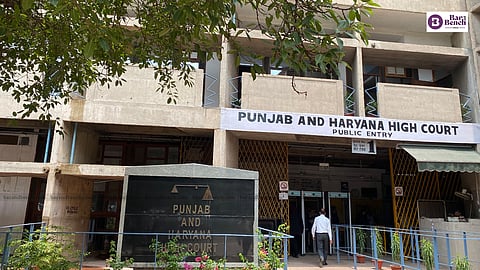The Punjab and Haryana High Court recently upheld the departmental action taken against a Central Industrial Security Force (CISF) constable who had delivered an inflammatory speech at a religious gathering [Gurnam Singh v. Union of India and Others]

